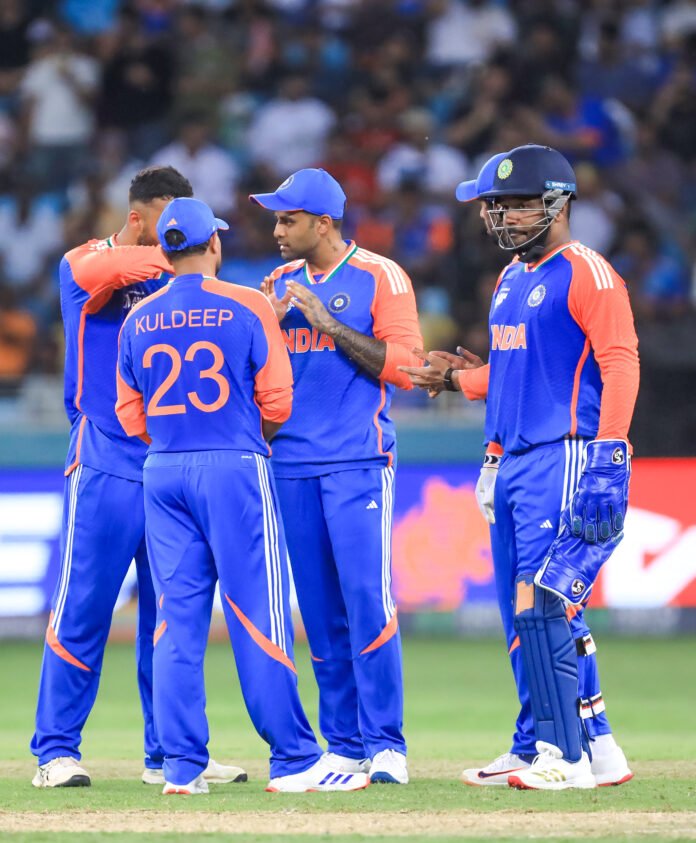John Gloster, the former physio for the Indian cricket team, is all praise for the BCCI’s new Bronco Test. This high-intensity fitness check aims to better assess players’ speed and power in the men’s cricket setup. In a recent chat with at the PlayCom 2025 summit, Gloster shared why he loves this move and how it’s shaking up cricket training in India.
The BCCI recently dropped a video on social media, where strength and conditioning coach Adrian le Roux broke down the Bronco Test’s benefits. It’s designed to push players’ limits, mirroring the demands of modern cricket. Gloster, who now heads physio for Rajasthan Royals in the IPL, has used this test for years. “I love it. It’s a really good test—a great one,” he said. “I’ve applied it at Rajasthan Royals not just to evaluate athletes but to train them too. Cricket today is all about speed and power, and this test nails that evaluation perfectly.”
Drawing from other sports, Gloster pointed out how cricket can borrow smart ideas to level up. “We’ve used the Bronco Test in the IPL for a long time—it’s borrowed from another sport because it truly boosts cricket performance,” he added. As someone who worked with India’s national team in the early 2000s, he sees huge potential in blending these methods.
Gloster also highlighted technology’s role in sports injury management and player wellness, especially with cricket’s packed calendar. “Tech is a game-changer for us in cricket,” he explained. “We use it for load monitoring, athlete management systems, and tracking data through wearables—like heart rate variability and sleep patterns.” He stressed that more insights mean better support: “The more I know about an athlete, the more I can help. India leads in tech, and we’re now weaving it into sports efficiently.”
This tech focus helps with recovery, which Gloster calls the “secret sauce” for top performance. “We’re unpacking recovery like never before—monitoring load, forces, health, and wellness. It’s key not just in cricket but across sports,” he said. He urged openness to tech and lessons from other games to push Indian cricket forward.
Looking back, Gloster noted how sports science and injury management in India have come a long way. “It’s rapidly progressing—thankfully,” he said. “When I arrived 21 years ago, it was underappreciated with few resources. Now, we’re building a strong ecosystem for sports physios, scientists, and medicine to support athletes and the community.” While there’s still work ahead, the momentum is building fast.
Beyond cricket, Gloster’s passion extends to Olympic and Paralympic athletes. He worked with 11 non-cricket stars pre-Tokyo Olympics through the Go Sports Foundation. “It’s my big passion now—working at both ends of the sports pyramid,” he shared. “I’m all about sports education to get more kids into PE in schools. And at the elite level, it’s thrilling to support athletes who rise without much backing and reach global podiums.” He believes stronger support will bring more medals for India on national and international stages.
Stay informed on all the latest news, real-time breaking news updates, and follow all the important headlines in world News on Latest NewsX. Follow us on social media Facebook, Twitter(X), Gettr and subscribe our Youtube Channel.



